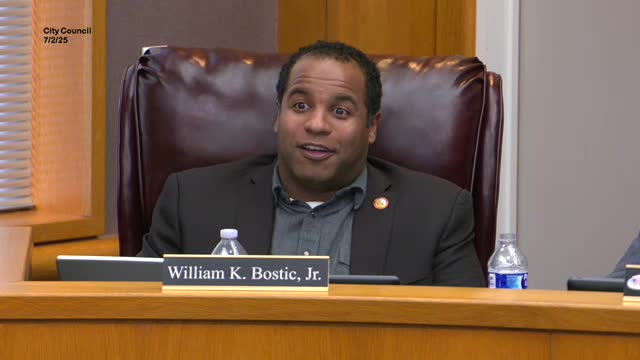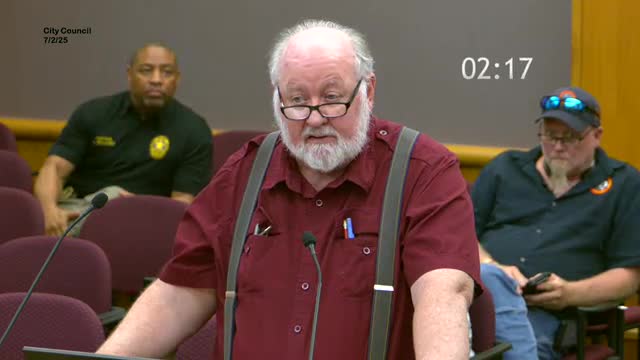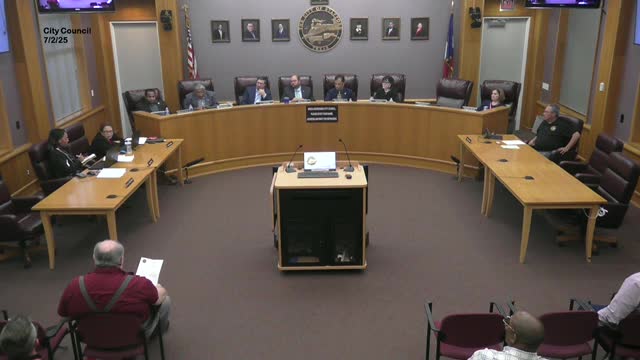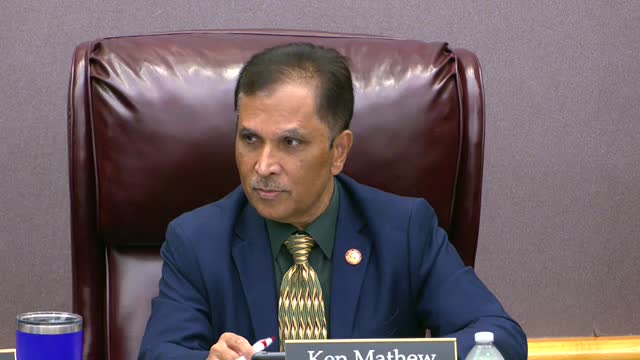Article not found
This article is no longer available. But don't worry—we've gathered other articles that discuss the same topic.

Votes at a glance: Stafford City Council actions and referrals, July meeting

Council tables review of Hispanic Heritage Alliance’s use of hotel-occupancy funds after members raise oversight questions

Stafford council debates performance/efficiency audit as members cite budget shortfalls

